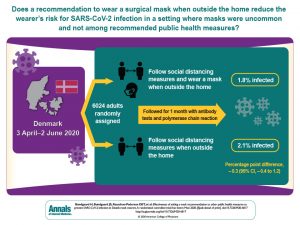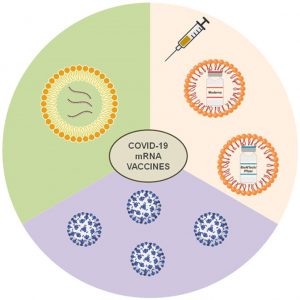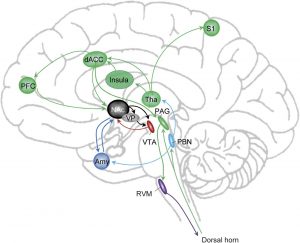External peer review of the RTPCR test to detect SARS-CoV-2 reveals 10 major scientific flaws at the molecular and methodological level: consequences for false positive results.
Pieter Borger(1), Bobby Rajesh Malhotra(2) , Michael Yeadon(3) , Clare Craig(4), Kevin McKernan(5) , Klaus Steger(6) , Paul McSheehy(7) , Lidiya Angelova(8), Fabio Franchi(9), Thomas Binder(10), Henrik Ullrich(11) , Makoto Ohashi(12), Stefano Scoglio(13), Marjolein Doesburg-van Kleffens(14), Dorothea Gilbert(15), Rainer Klement(16), Ruth Schruefer(17), Berber W. Pieksma(18), Jan Bonte(19), Bruno H. Dalle Carbonare(20), Kevin P. Corbett(21), Ulrike Kämmerer(22)
ABSTRACT
In the publication entitled “Detection of 2019 novel coronavirus (2019-nCoV) by real-time RT-PCR” (Eurosurveillance 25(8) 2020) the authors present a diagnostic workflow and RT-qPCR protocol for detection and diagnostics of 2019-nCoV (now known as SARS-CoV-2), which they claim to be validated, as well as being a robust diagnostic methodology for use in public-health laboratory settings.
In light of all the consequences resulting from this very publication for societies worldwide, a group of independent researchers performed a point-by-point review of the aforesaid publication in which 1) all components of the presented test design were cross checked, 2) the RT-qPCR protocol-recommendations were assessed w.r.t. good laboratory practice, and 3) parameters examined against relevant scientific literature covering the field.
The published RT-qPCR protocol for detection and diagnostics of 2019-nCoV and the manuscript suffer from numerous technical and scientific errors, including insufficient primer design, a problematic and insufficient RT-qPCR protocol, and the absence of an accurate test validation. Neither the presented test nor the manuscript itself fulfils the requirements for an acceptable scientific publication. Further, serious conflicts of interest of the authors are not mentioned. Finally, the very short timescale between submission and acceptance of the publication (24 hours) signifies that a systematic peer review process was either not performed here, or of problematic poor quality. We provide compelling evidence of several scientific inadequacies, errors and flaws.
Considering the scientific and methodological blemishes presented here, we are confident that the editorial board of Eurosurveillance has no other choice but to retract the publication.
Corman Drosten Review Report:
Download: ZIP File
Last Updated 5.12.2020
- Main Review Report – Updated 5.12.2020 [PDF/DOCX]
- Retraction Letter Request to Eurosurveillance Editorial Board [PDF/DOCX]
- Tables & Figures [PNG/PDF/JPG, 300dpi, max. Print Resolution 21×20 cm]
- Supplementary Material by
- Prof. Dr. Ulrike Kämmerer & Team survey [XLSX Table],
- Powerpoint Presentation on Corman-Drosten RT-qPCR-protocol survey [PPTX],
- Kevin McKernan Thermofischer Online Primer Dimer Web Tool Results [PDF/DOCX/PNG],
- Email Communication Dr. Pieter Borger with Co-Authors of the Corman-Drosten paper [PDF] and Eurosurveillance Editorial Board in regards to paper-review editorial protocol [PDF],
- Review Report Submission at Eurosurveillance Online Upload Portal – Documentation [JPGs]




![American psychological association & CIA: Science of Deception Workshop e835b00c2df6013ecd0b4401ef444f94eb6ae3d01db3164094f0c971_640[1]](https://cognitive-liberty.online/wp-content/uploads/e835b00c2df6013ecd0b4401ef444f94eb6ae3d01db3164094f0c971_6401-300x220.jpg)




